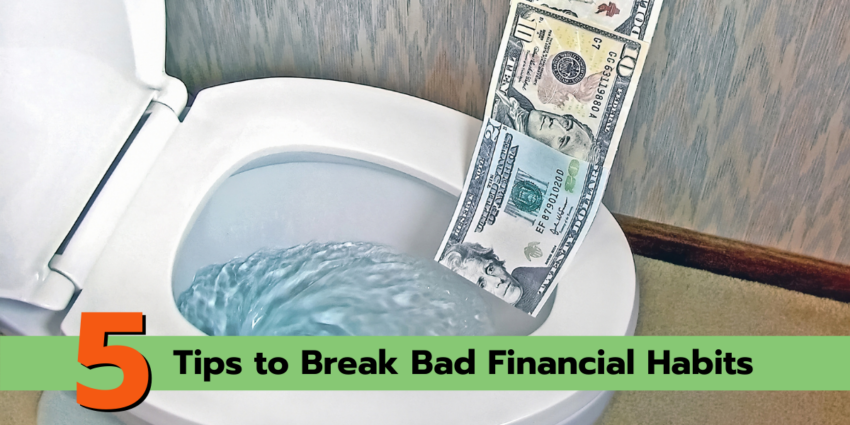Do you have any bad financial habits?
Do you buy things you never planned on buying, then regret it almost immediately afterward? Do you consider shopping therapy, then stress out about the credit card bill? Do you ignore your bills like an unidentified caller? Join this select group more easily with your free copy of the 5 Building Blocks of a Happy Gay Life here.
How can you break bad financial habits?
On this episode of Queer Money®, we walk you through our five-step process for breaking bad financial habits, explaining how to identify your bad money habits and why it’s so hard to own up to them.
We offer advice on finding the triggers for your bad habits and replacing your irresponsible money behaviors with responsible ones.
Listen in to understand why taking care of your finances IS self-care and learn the guidelines for giving yourself milestone rewards as you make progress on your money goals.
Listen in and find out the steps you can take:
5 steps to change bad financial habits
1. Identify your bad financial mistakes
Deep down, you know what your bad financial habits are. The challenge is being honest with yourself.
Especially because money brings up a lot of emotions, because we have limiting beliefs about ourselves our self-worth, and money, it’s easy to lie to ourselves.
The easiest way to ID your bad financial habits is to write down on a sheet of paper what stirs emotions in you about money from month to month and payday to payday.
- What frustrates you?
- What scares you?
- How do you feel about paying certain bills, i.e., does the rent or mortgage payment cause anxiety?
- How do you feel when you use your credit card?
Remember your prior experiences with money. When you feel a negative emotion, write down what were you doing at that time and what your emotion was/is.
2. Identify what triggers your bad financial habits
Now, what patterns do you see in what you’ve written down?
What circumstances seem to cause bad financial habits?
- Is it a day of the week or time of day? (happy hour or mid-day coffee)
- Is it a bill or dollar amount? (car insurance or anything over $50)
- Is it certain friends that cause you to spend more than you should? (we spent less time with some folks because of this)
- Is it depression, anxiety, or jealousy? (Social media can trigger some of these feelings)
Triggers are typically caused by a recurring emotional state. Recognize that emotional state to see if you can change it
3. Next, Identify your new response to your recurring triggers
- For David, it was packing breakfasts and lunches.
- For John, it was scheduling a couple times a week to log into my accounts and look at my balances and transactions.
- When we decided to break our bad financial habits with our credit cards, we got all the cash we needed from paycheck to paycheck from the ATM on payday.
- If your habit is shopping when you’re depressed, how will you replace shopping? Journaling? Exercising? Reading? Calling a friend?
4. Understand your motivation for adopting better financial habits
- When you know your why, you’re more likely to achieve the goal.
- What’s the new you going to look/feel like?
- We pictured ourselves without the $51k in credit card debt (happy, optimistic, less stressed)
- Sometimes changing a bad habit has multiple benefits. (can you get physically & financially healthy at the same time?)
5. Choose your reward for breaking bad financial habits
Completely breaking bad financial habits that you’ve had for years is hard. In fact, it can suck and take a while to change. Choose milestone rewards to use as your carrots as you change your habits.
- For example, in your first week of changing a bad habit, you might reward yourself with a glass of wine simply forgoing a week without the bad financial habit. Or, you might treat yourself to a bouquet of flowers to put on your dining room table to act as a reminder of your week’s success.
Bigger milestones justify bigger rewards. Maybe if you go a whole month without getting take-out or dining out, you treat yourself to a reasonably priced dinner out.
The biggest milestone reward will be when you reach a financial goal, such as paying off debt or having enough money in retirement or emergency savings.
More resources
- How to Pay Off Credit Card Debt in 2021
- 5 Building Blocks of a Happy Gay Life
- How to Start Being a Happy Gay Man
- Debt Free Guys on Facebook
- Debt Free Guys on Twitter
- Queer Money Facebook Group
- Queer Money on Instagram
- Email: [email protected]


